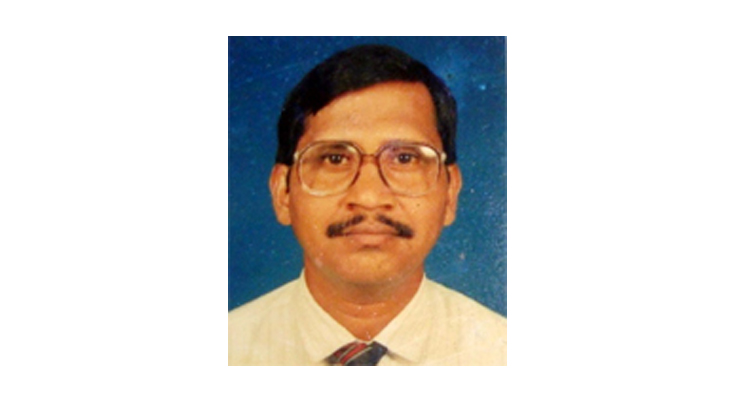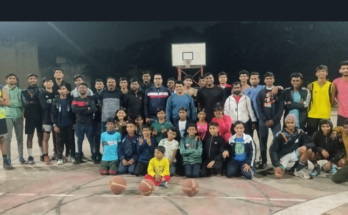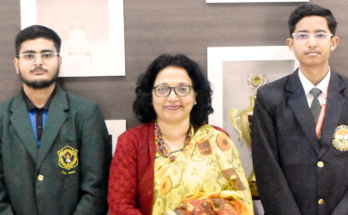Professor M. C. Behera
Rajiv Gandhi University
In the early part of the 1980s, I read an article by Arun Shourie wherein he talks about attitude at the root of corruption. He wrote: “You and I shall go on receiving and giving bribe, but anyhow corruption should end”. The saying has relevance today, also. We do not like corruption; government apparently works against it and Aam Admi Party (AAP) has come to power by promising to end corruption. Has AAP been able to end or at least control corruption? Perhaps no. Satyendra Jain, including several other AAP leaders in jail and the charge against Manish Sisodia speaks loudly of the corruption by the people’s representatives. Sisodia may be honest as a person (considering that no money was found at his residence) but the way his involvement in liquor-gate is framed, the practice of corruption cannot be ruled out. How a newly elected government by almost common people can spend a huge amount of money in elections, advertisements, and in the organisation of processions, protests and awareness campaigning, etc., ever since it came to power a few years back? It is the case with all political parties. What is the source of their party fund? Is it audited or auditable to the pie? Obviously, there are no honest ways to earn huge amounts. It is commonplace knowledge that elections are fought with money which comes from unaccounted sources. Electoral democracy feeding on illegal money at the time of elections cannot be free from the practice of corruption in one or the other ways.
Everybody knows that an average or poor person after joining politics or representing people becomes a millionaire within a short span of time. How come one becomes so efficient? When one involves in politics to SERVE the people where from he or she gets time to earn? And from which business? And what makes one to be an efficient and diversified entrepreneur after one enters into politics? This is a general trend, though there are very few examples of glorious exceptions.
A few examples are before us. The source of earning of such corrupt politicians and political parties is bribes. In recent days the cases of Partha Chatterjee, Anubrata Mondal and several others of TMC need no evidence. In this week Prashantha Madal, son of Madal Virupakshappa, a BJP MLA of Karnataka, is reportedly caught red-handed while taking a bribe. The Lokayakta have seized more than six crore rupees cash from him. Not only sons and relatives but bureaucrats’ connection with politicians has also been a den of bribery. The former IAS Puja Singhal case in these days is a burning example. The connection, not only of bureaucrats but of land mafia, sand mafia, coal mafia and mafia of all denominations with politicians and their relatives, runs a parallel system.
A voice is high against dynastic advantage. Children of a politician are politicians, actors are actors, elites are elites, etc. There is no harm if children follow their parent’s profession. But the point is equal opportunity. We see stupid children of politicians who neither have the intelligence nor any understanding become leaders. Among such children, there are many who are just literate and have not crossed class-X or Class XII. They cannot talk sense. When they become representatives it is definitely not their ability, but the legacy they inherit from being the children of political parents. Able persons without such a legacy have very little chance to compete with them. That is why ruling families in a democracy is an emerging feature.
We can think of community/caste-based reservations. It began with a noble objective. But this has become a Frankenstein monster and all the communities including advanced communities like Patel, Lingayat, Marahata, etc., now demand reservation or an increase in the percentage of reservation. At the root of this demand is the lack of opportunity that is attributed to the community-based reservation policy. The spirit of reservation has got diluted with reservation extended to economically weaker sections across communities. Even among the SCs and STs, the elite class has emerged whose children get better opportunities for capacity building than their non-elite counterparts, but both groups are placed together at the same level to compete for a position. Not only that, the status of elite parents is an additional advantage for these children.
In one way or another, the advantaged families deprive, not in theory but in practice, the children of comparatively disadvantaged families of opportunity at inter- and intra-community levels. This is a corruption in the system that is committed to ensuring equality of opportunities.
Corruption, understood as the opposite of honest dealings has an ugly manifestation in lies. Politicians come to power with people’s support. But once coming to power, they do everything to remain in it, even if it goes against people’s interests. People support them because they believe in them and their words. Unfortunately, politicians do not tell truth, and it is pretty evident when statements of two political parties/leaders stand at opposite poles. But always, as I have said, there are glorious exceptions. But the matter of concern is the prevailing general trend. By telling lie unscrupulous politicians to exploit the sentiment of people who believe in them. They exploit them and their belief to come to power or retain it.
We see that children, family members, and relatives are involved with politicians in his or her nefarious and corrupt practices. Even if not involved, they live on that illegal money and they are not punished if they are not found guilty. But they carry on the wealth earned in corruption. Unfortunately, there is no law to punish them on the ground that their living is inherited from a corrupt legacy.
Is it not time to rethink on the emerging dimensions of direct and indirect incidences of corruption and remedy thereof?




